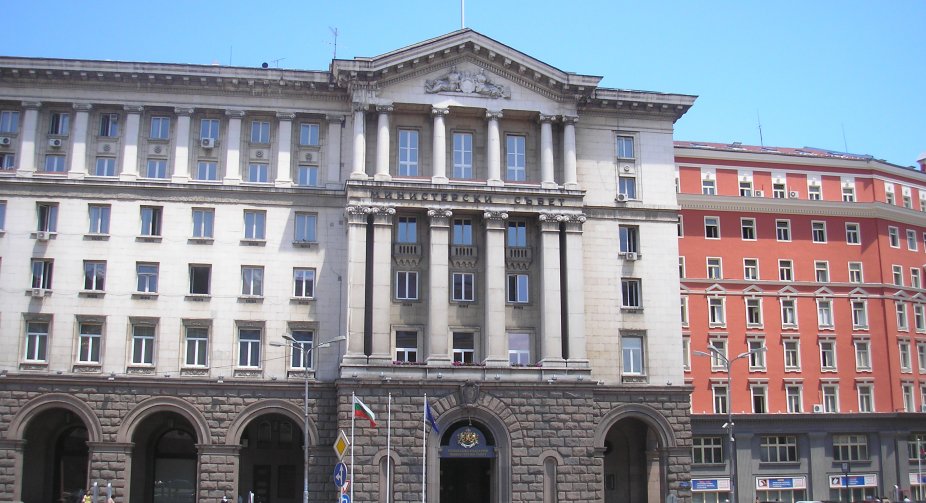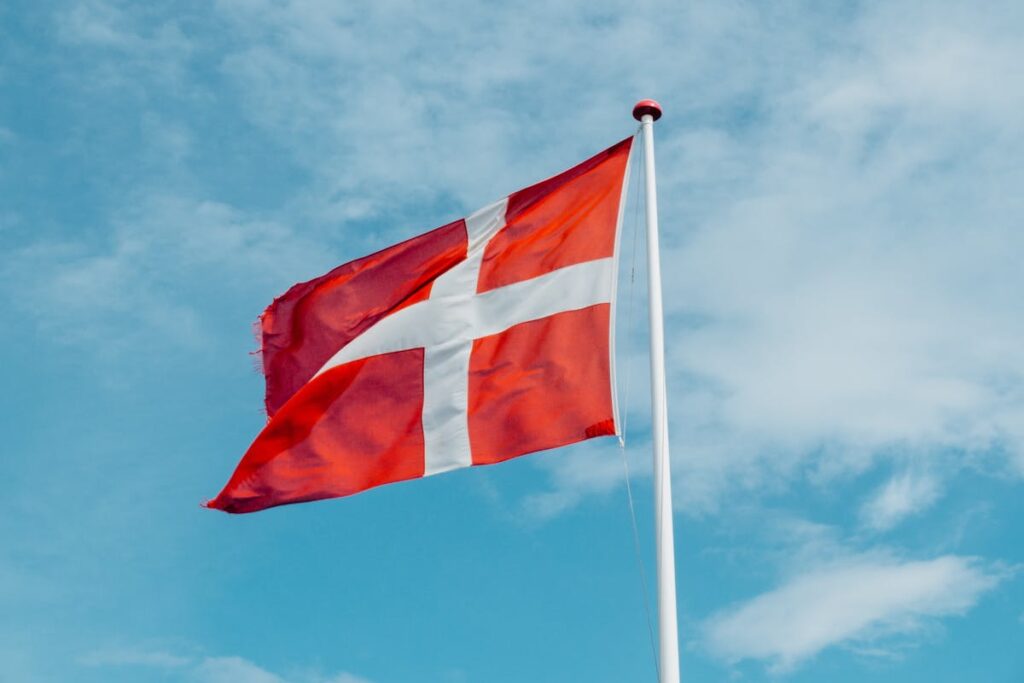
Bulgaria’s aspirations for Schengen Area land access by 2025 seem to be hitting a roadblock. While already a member for air travel, full integration requires fulfilling specific criteria, and recent developments suggest challenges.
Here’s why Bulgaria’s Schengen land entry in 2025 might be unlikely:
-
Lingering Corruption Concerns: The EU Commission’s 2023 Rule of Law Report identified continuing corruption issues in Bulgaria. Addressing these concerns is crucial for Schengen membership, as robust border management is a prerequisite.
-
Unresolved Border Issues: Bulgaria shares a land border with Turkey, which is not part of Schengen. Effective border control remains a significant hurdle, and the EU might hesitate without a clear solution.
-
Political Instability: Recent political turmoil in Bulgaria, including the collapse of its government, raises concerns about the country’s ability to implement the necessary reforms for Schengen compliance.
What to Expect:
-
The EU is likely to prioritize addressing these issues before granting Bulgaria land access to Schengen. This suggests a delay beyond the 2025 target.
-
Continued focus on reforms, particularly tackling corruption and strengthening border security, will be essential for Bulgaria’s Schengen aspirations.
-
Monitoring the EU’s progress reports and Bulgaria’s efforts will provide a clearer picture of the timeline for land entry.
In Conclusion:
While Bulgaria desires full Schengen Area access, significant hurdles remain. Addressing corruption concerns, securing its borders, and maintaining political stability are critical steps. Until these challenges are met, Bulgaria’s land entry into Schengen by 2025 appears unlikely.



